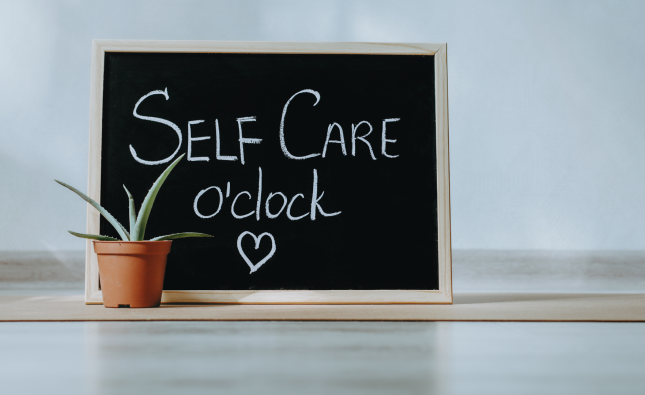
Introduction
Embarking on a weight loss journey is an empowering decision aimed at better health and enhanced well-being. However, often, the focus is primarily on diet and exercise, leaving out a crucial component—our night-time habits. The night-time is a critical phase for our bodies, influencing our metabolism, hunger hormones, and overall weight management. In this insightful exploration, guided by health and lifestyle expert Dr. Ellen Marmur, we unravel the significant night-time habits that might be hindering your weight loss efforts. Let’s delve into the world of sleep, routines, and healthier choices for a more effective weight loss journey.
Understanding the Night-Time Barrier
While you rest, your body is far from inactive. In fact, it’s during sleep that your body is working diligently to repair tissues, consolidate memories, and balance your hormones, including those that control hunger and fullness. When we disrupt this crucial phase with poor habits, we inadvertently interfere with our body’s natural mechanisms, potentially leading to weight gain.

The Habits That Hinder
**1. Late-Night Snacking:
- Consuming high-calorie, unhealthy snacks close to bedtime can disrupt your sleep patterns and add unnecessary calories to your day.
**2. Excessive Screen Time:
- Exposure to screens, such as phones or TVs, before bed can interfere with melatonin production, affecting your ability to fall and stay asleep.
**3. Irregular Sleep Patterns:
- Inconsistent sleep schedules can disrupt your body’s internal clock, impacting metabolism and hunger-regulating hormones.
**4. Alcohol Consumption:
- Alcohol might make you drowsy, but it can interfere with deep sleep and disrupt your metabolism during the night.
Overcoming the Barrier: Night-Time Weight Loss Strategies
**1. Mindful Eating:
- Opt for a balanced, satisfying dinner earlier in the evening to prevent late-night hunger pangs.
- If you do feel hungry, choose a light, healthy snack like a piece of fruit or a small serving of nuts.
**2. Establish a Sleep Routine:
- Aim for 7-9 hours of quality sleep each night.
- Create a relaxing bedtime routine to signal to your body that it’s time to wind down.
**3. Limit Screen Time:
- Avoid screens at least an hour before bed. Opt for reading a book, practicing gentle yoga, or listening to calming music.
**4. Avoid Stimulants:
- Steer clear of caffeine or any other stimulants several hours before bed to ensure a peaceful night’s sleep.
The Role of Stress and Relaxation
Stress can be a significant contributor to poor night-time habits. Chronic stress can lead to emotional eating or cravings for unhealthy comfort foods late at night. Incorporating relaxation techniques into your evening routine, such as deep breathing, meditation, or gentle stretching, can significantly reduce stress levels and improve sleep quality.
Conclusion: Embrace the Night for a Healthier You
The night-time phase holds immense potential to enhance your weight loss journey. By cultivating healthier night-time habits, you not only improve your sleep but also set the stage for a more effective weight management process. Let’s reevaluate our night-time routines, prioritize relaxation, and nurture our bodies during the night for a healthier, more balanced life.
In this illuminating guide, authored by Dr. Ellen Marmur, a seasoned health and lifestyle expert, we’ve explored the critical connection between night-time habits and your weight loss journey. Let this knowledge empower you to make informed choices, transforming your nights into a rejuvenating period that supports your overall well-being and weight loss goals.










